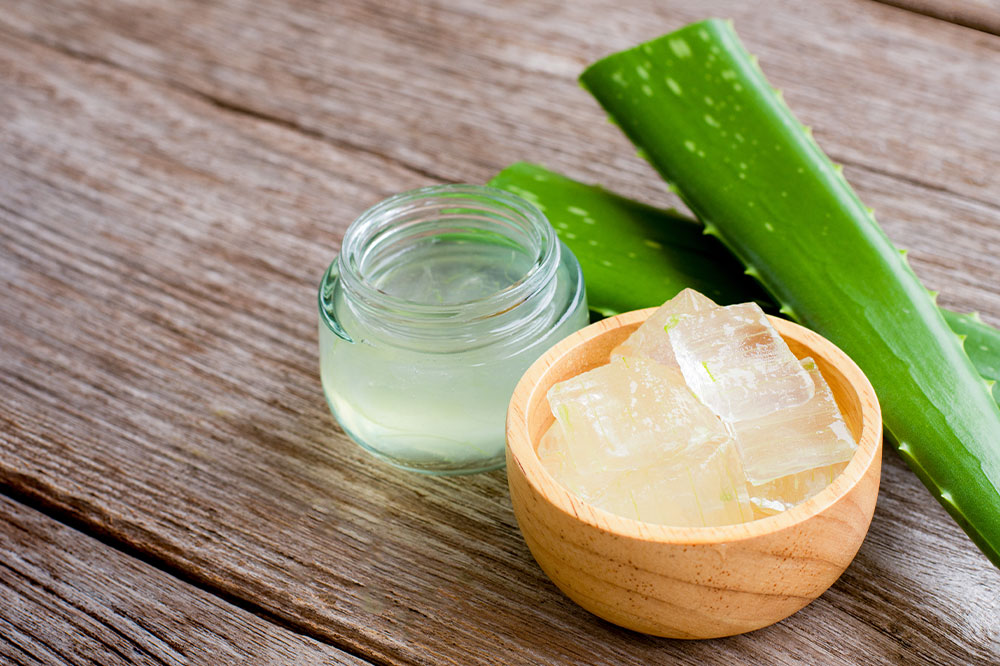
Everything there is to know about cold sores
Cold sores are commonly known to affect several people across the globe. This viral infection often appears in the form of red and fluid-filled blisters. Cold sores typically do not need any treatment and usually go away on their own, but reoccurences are a rather common issue. Despite this viral infection being so widespread, people do not know much about cold sores, the virus that causes them, and how to treat them.
What is a cold sore?
A cold sore is viral infection that is caused by the herpes simplex virus (HSV). Cold sores often manifest near the mouth and lips as a group of tiny, fluid-filled, painful blisters; more commonly known as fever blisters. Research has shown that almost 90% of the world’s population has at least one type of HSV infection. The symptoms of a cold sore infection are severe the first time around. The body typically develops antibodies that fight the herpes simplex virus after the first infection. Despite this built-up immunity, a lot of individuals will notice relapsing cold sore infections.
Symptoms
As mentioned, cold sores occur in the form of tiny blisters. But the signs and symptoms leading to these formations can vary from person to person. The first time an adult or child may have a cold sore, they may experience fever, pain in the gums, sore throat, headaches, muscle aches, and swelling in the lymph nodes. For the first cold sore outbreak, individuals may not experience any of these symptoms for almost 20 days after being exposed to an HSV.
Once the sores have developed, they pass through several stages until they heal. The first stage is tingling or itching around the lips. The second stage involves blisters that erupt within a day or two of the burning and tingling. These blisters usually form around the mouth, nose, or cheeks. In the last stage, the small blisters may ooze and crust. The sores can last up to several days and take anywhere between two to three weeks to completely heal. Children who are five years old or younger are more prone to having cold sores inside their mouth.
Causes
The main cause of cold sores is the HSV-1 strain that spread by direct contact or by sharing utensils, razors, towels, and other personal items. Cold sores infections are the most severe during the the oozing stage. Such is the case because the virus can easily spread through contact with any infected bodily fluids. But cold sores can even spread if the individual does not have any blisters.
Risk factors
Everyone is at a potential risk of developing cold sores. Of course, individuals who have weakened immune systems are more prone to developing the condition. Once an individual has had cold sores, the infection lies dormant in the body and can re-emerge due to a fever, hormonal changes, stress, fatigue, exposure to sunlight, and even injury to the skin.
Diagnosis
Doctors generally diagnose cold sores by examining the blisters on a patient. In rare cases, they may want to confirm their diagnosis by taking a sample from the blister and then sending it to a labratory for testing.
Treatment and home remedies
In most cases, cold sores can go away on their own without the need for any external treatment. Within two to four weeks, the blisters and infection go away. But if the patient wants something a bit more fast-acting, they could consult a doctor and get a prescription for over-the-counter oral treatments, ointments for topical application, and even antivirals. Individuals can also treat their cold sores with popular home remedies. Some of them are
Ice
One of the most popular ways to tackle the pain and discomfort that comes with cold sores is ice. It is safe to apply to cold pack or some ice on the blisters. Those with cold sores can also apply a cold compress or a dramp cloth to reduce redness and remove crusting. Warm compresses may also heal the blisters and ease the pain.
Aloe vera gel
Studies have shown that the anti-inflammatory and antiviral properties of aloe vera gel can help reduce the signs and symptoms of cold sores. One can apply it externally for a soothing effect.
Lysine
Lysine supplements can help reduce the number of outbreaks. Daily application every two hours for around aweek and a half should do the trick.
Sunscreen
One of the triggers of a cold sore is sunburn. To avoid this, it is safer to use sunscreen daily. Getting a sunscreen with minimum SPF 30 will protect the skin and prevent future outbreaks.




